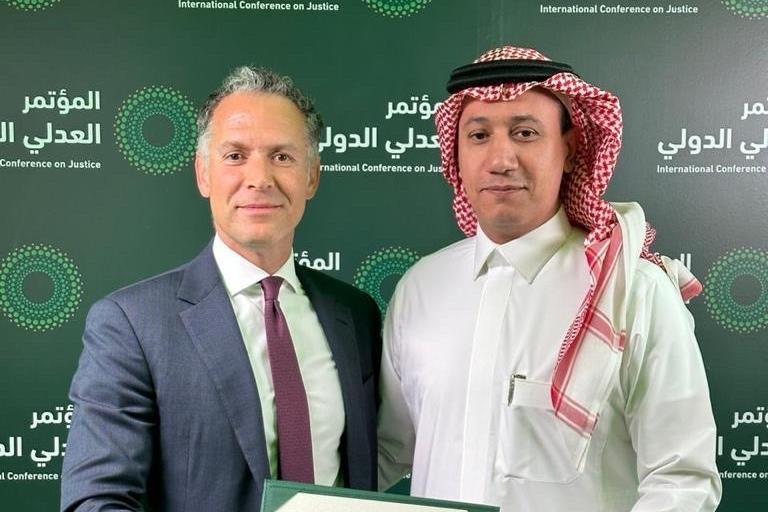Saudi Arabia grants first law practice licences to three foreign law firms
With the new amendments, the country aims to encourage firms to set up in Saudi Arabia so legal work is coordinated within the Kingdom, and to also enable high-profile deals stay within the country.

Saudi Arabia’s Ministry of Justice has granted first law practice licences to three international firms, following amendments to the Kingdom’s Code of Law Practice on licence regulations.
The firms awarded the licence are London-based Herbert Smith Freehills, Clifford Chance, and American multinational law firm Latham & Watkins, who had previously been working in Saudi Arabia through partnerships with local law firms.
“This is a historical day for the Kingdom of Saudi Arabia today as we are celebrating the licensing of foreign international firms. This is in line with Vision 2030 and the giga-projects that the Kingdom is now leading and also the bespoke projects that it will continue to do.
“I think the key point and drive of this initiative is to transfer the global knowledge of very renowned international law firms to train and develop the skill sets of our young generation and young future lawyers to pave the way for the future,” Joza Alrasheed, Managing Partner of a Saudi firm, who are in partnership with Herbert Smith Freehills is quoted to have said to local publication, Arab News.
With the new amendments, the country aims to encourage firms to set up in Saudi Arabia so legal work is coordinated within the Kingdom, and to also enable high-profile deals stay within the country. It also aims to raise the efficiency of Saudi lawyers.
According to the Law Society of England and Wales the new law mandates licensed firms to meet certain obligations, including that two partners representing the foreign law firms must live in the Kingdom of Saudi Arabia and at least half of its lawyers in the country must be Saudi nationals, though the proportion could rise to 70%.
Also work related to Saudi law cannot be passed to other offices and no more than 30% of fee income can go outside the Kingdom. Licences must be renewed every five years.
In addition, firms have two options to structure their operations. Either as a professional company in a joint venture with registered Saudi lawyers as co-shareholders or as a branch office.


